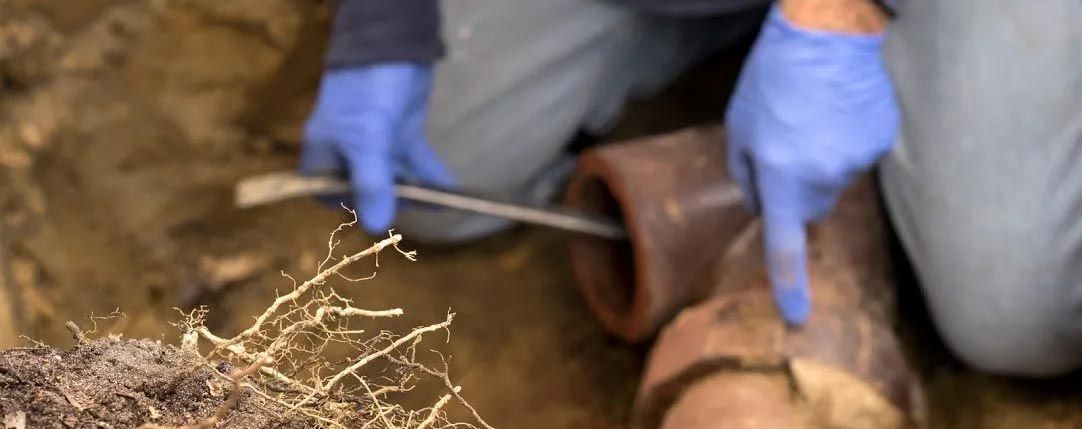Understanding Your PSL Compliance Requirements

If you live in the East Bay area, then your property likely falls under the requirements of the Private Sewer Lateral (PSL) program. The PSL program is part of a larger effort to restore the sewer infrastructure in the East Bay area, and it imposes specific requirements on property owners. If you’re a resident in this area, these ordinances require you to inspect and certify your laterals periodically.
Since this ordinance only requires certification under specific triggering events, you may not be familiar with its requirements. Failing to comply with the PSL ordinance can lead to on-going monthly non-compliance fees, so understanding your responsibilities is essential.
What Is the PSL Certification?
The purpose of the Private Sewer Lateral (PSL) program is to ensure that East Bay area residents and businesses properly maintain the portion of the sewer line on their property. These privately owned sewer lines are known as sewer laterals, and they carry wastewater across your property to the municipal main sewer line.
Like any sewer line, a lateral can degrade and leak over time. Leaks on private property can pose the same threats to the environment and public safety as any other sewer leak, so the PSL program aims to enforce proper sewer line maintenance. Under this program, property owners must obtain PSL certificates when making changes to their property.
What Is Involved in Certification?
The actual process of receiving a PSL certification involves two critical steps: inspection and verification. During the inspection process, a privately hired contractor will check your sewer lateral for correct operation and signs of damage. Plumbing contractors will go through an inspection checklist to ensure that your private sewer lateral is in safe operating condition.
In most cases, sewer lateral inspections are non-destructive. Plumbers use drain line cameras to check for visible signs of trouble, including leaks, root infiltration, or other problems. The verification process will include tests for water leakage and air pressure, so cracks or other issues that can impact the integrity of the sewer lateral can prevent your property from passing.
Once you complete your inspection and repair any problems, an inspector with the East Bay Municipal Utility District (EBMUD) will join your plumbing contractor to certify your lateral. During this process, your contractor will conduct a sewer lateral pressure test, and your inspector will sign off on the results. You can only receive your certification after an inspector verifies your completed test.
When Should You Certify Your Sewer Lateral?
Most property owners will need PSL certificates when selling their property or when conducting renovations or remodeling. When buying or selling, certification is always required before the property's title can be transferred. For remodeling projects, the total value of the project must exceed $100,000. Constructing a new structure with a cost above $100,000 on your property also requires certification.
Are You Required to Fix Problems?
If your initial inspection finds that your sewer lateral is not in compliance with the PSL program, then you are required by the ordinance to repair any defects. You will not be able to receive your certification unless an EBMUD inspector can sign off on a properly conducted pressure leak test, so failing to repair issues will prevent you from receiving your certificate.
When building or remodeling, municipal authorities will not issue permits without proof of PSL compliance. Likewise, you cannot legally transfer a property title if that property's sewer lateral is not currently in compliance with the program. For these reasons, you should inspect, repair, and certify your sewer lateral early in any project or sale.
If your property requires PSL certification, Challenge Rooter can help you with every step of the process. We can handle your lateral inspection, any needed repairs, and the final verification tests. Give us a call to ensure that your property remains in compliance.
SHARE THIS POST:
Don't let plumbing issues hold you back
REQUEST YOUR FREE ESTIMATE TODAY AND GET STARTED ON SOLUTIONS.
CONNECT WITH US ON FACEBOOK
We would love to hear from you. Follow us on Facebook to stay up to date with our latest posts and deals!
Contact Information
Services: 510-877-2050
Office: 510-686-1119
Location:
1472 71st Ave.
Oakland, CA 94621 Oakland, CA
Email: challengerooter@gmail.com
Working Hours:
- Mon - Fri
- -
- Sat - Sun
- Closed
SEWER SERVICES
PLUMBING
STORM DRAIN
SEWER/Drain Cleaning
© 2024 Content, including images, displayed on this website is protected by copyright laws. Downloading, republication, retransmission or reproduction of content on this website is strictly prohibited.
TERMS OF USE | PRIVACY POLICY | ACCESSIBILITY Website Built By BROADPROXIMITY







